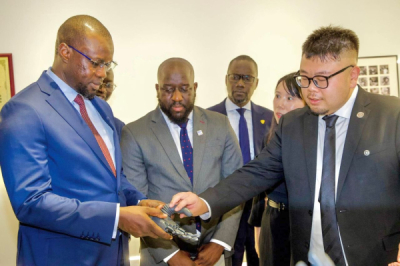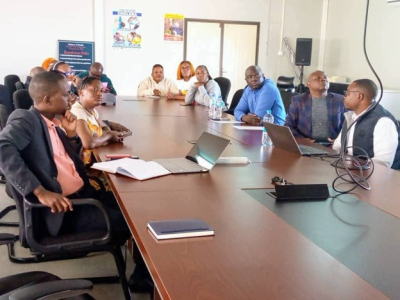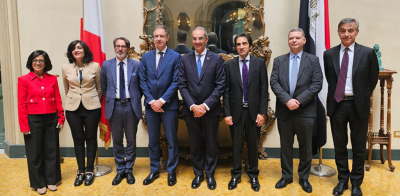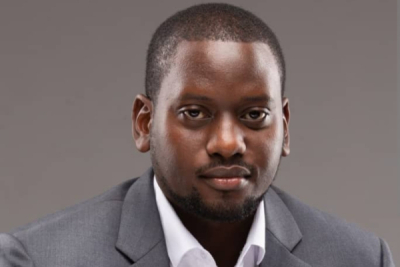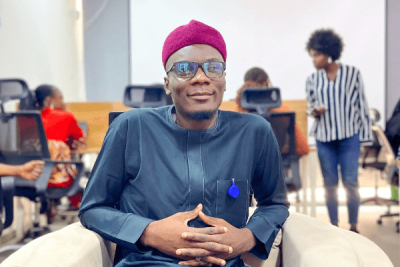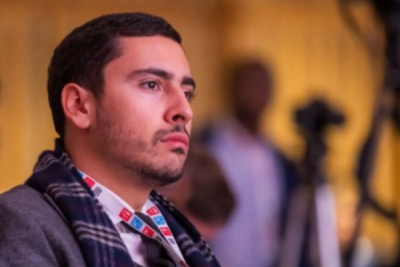• PM Sonko in China to boost Senegal's tech sector.
• Key talks on 5G, AI, fiber, and start-up support.
• Deals eyed for Dakar 2026 and digital sovereignty.
Senegalese Prime Minister Ousmane Sonko (photo, left) began an official visit to China on Sunday, June 22. He was accompanied by a high-level delegation, including Alioune Sall, Minister of Communication, Telecommunications, and Digital Affairs. The mission aims to strengthen technological partnerships with Beijing and accelerate Senegal’s digital transformation.
In Hangzhou, a key Chinese innovation hub, the Senegalese delegation met with major companies. These included Alibaba Group, BrainCo, a brain-machine interface specialist, and CHINT, a leader in smart energy solutions. Discussions focused on critical areas. These included the development of essential digital infrastructure, such as fiber optics, 5G, and artificial intelligence. Talks also covered mechanisms for skills transfer and support for Senegal’s startup ecosystem. This support would come through targeted investments, technical training, and academic cooperation.
The visit follows a series of strengthened bilateral ties in recent years. In 2023, Dakar and Beijing launched joint projects to digitize Senegal’s road transport system. As part of its national "Technological New Deal" strategy, the Senegalese government aims to make digital innovation a cornerstone of its technological sovereignty and inclusive growth. For its part, China continues to expand its presence in West Africa through structural partnerships in key sectors.
If this mission leads to new agreements, it could pave the way for major strategic partnerships. This is particularly relevant ahead of the 2026 Youth Olympic Games in Dakar, for which Alibaba Cloud is being considered as a potential technology partner. Beyond that event, this cooperation could play a decisive role in building a strong Senegalese digital ecosystem. Such an ecosystem would be capable of generating skilled jobs and reinforcing the country’s technological autonomy in the face of 21st-century challenges.
By Samira Njoya,
Editing by Sèna D. B. de Sodji



